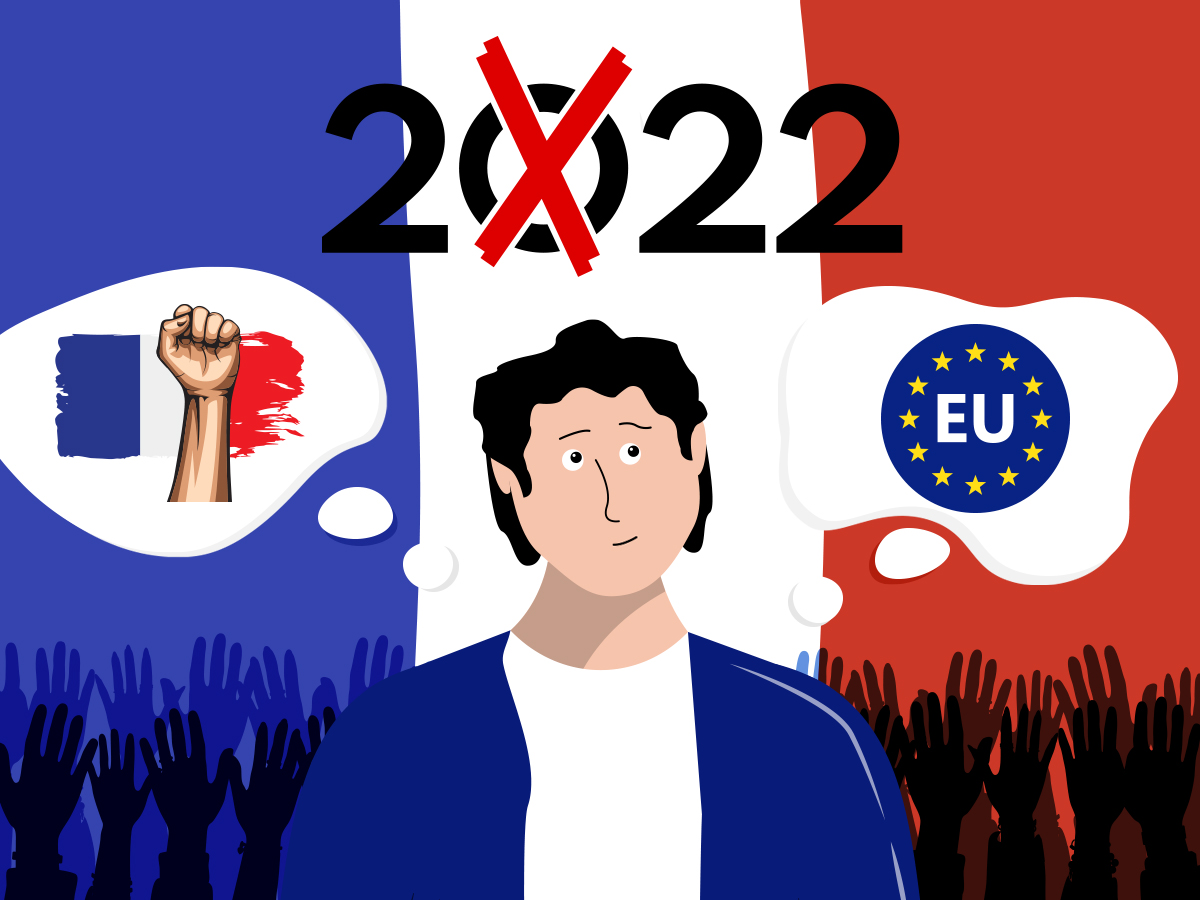The current issue of Foreign Affairs features a lengthy analysis, written by Francis Fukuyama. It starts with a short but powerful sentence; Liberalism is in peril.
Of course, not Fukuyama is the first political analyst to say that.
But the essay continues differently than the other writings in that genre do. Instead of going into a detailed explanation about why and how liberal institutions should be reinforced, the essay focuses on nations.
Fukuyama states that in truth, nothing makes the universalism of liberalism incompatible with a world of nation-states.
Admitting that (just like history didn’t end with the fall of communism), the notion of nations and national identities seems to be still strong and that maybe, instead of trying to eliminate it, liberalism should embrace the concept and instead of bashing it, liberals should and could present national identity as a positive vision. A nation can, according to Fukuyama, for example, provide a sense of community, something that liberal universalism is unable to do, because, quote, “it flies in the face of the nature of human sociability”.
And so on.
For most people around the world, the country remains the largest unit of solidarity to which they feel an instinctive loyalty. A force that can give stability and the sense of security. It is the nation state after all, that has the monopoly of force (law enforcement and army).
If something, this was proved beyond doubt in the first round of the French presidential elections.
Many French voters cast their ballots for the two ends of the political spectrum, and only a small majority (mainly the elderly) have rallied behind the liberal pro-EU incumbent president. More worryingly to President Macron, Le Pen leads in every age category except the over-65s, who voted in large numbers for him. Add to this that Le Pen can count on the 7.1 percent of the voters who backed her far-right rival, Éric Zemmour in the first round. And on the votes of those (2.1 percent), who voted for nationalist right-winger Nicolas Dupont-Aignan.
That means that 32.5 percent of French voters opted for a candidate who promotes national identity. Add to these those (former Les Republicains) sympathizers, who had for one reason or another cast their ballots for the president, mainly because he focused on issues traditionally covered by the right side of the political spectrum, or as a few put it, he has “governed to the right of center”.
He managed to siphon off the economically liberal-minded right and, later in his presidency, he gradually toughened his stance on asylum seekers, expulsions of illegal migrants and has also increased the budget of law enforcement. And lately, during the campaign, Macron’s tax cuts and welfare crackdown resonated more with the elderly, who were traditionally a stable voter base for the right wing.
Pundits almost unanimously state, that Le Pen’s good performance was the result in the change of her policies.
While she curbed back on the real extreme issues (like dropping her former demand for quitting the euro-zone or stopping to support Frexit), she focused on “ordinary people”. As her campaign spokesperson Edwige Diaz put it, they didn’t identify as “far-right”, but “define each other as localists, or nationalists”.
That resonated well, especially among young people, who feel alienated, who, according to one supporter of Ms Le Pen, “have lost our point of reference”. Many French felt, feel, that “their country has changed and lost its power”. According to a 2021 poll, only 25 percent of French said France was not in decline.
For those people, nation is not a thing from the past.
As an analysis by Politico showed, this doesn’t mean that those voters, especially the young generations are completely against the EU or are overly Euroskeptic. On the contrary, the data shows that younger voters are more likely to feel proud to be European and are supportive of European integration than the voters in the 50-64 age group.
For many, being French and being European are not mutually exclusive ideas and for whom a strong EU is not imaginable without a strong French nation state.
And they vote for whoever is willing to promise them that.

No, French voters didn’t vote for identity parties. Defense of the French identity is not the reason why they voted for the Far Right. I know around me (I live in France) many people who voted for Le Pen, and don’t care much about identity. the reason why they voted for Le Pen, in many rural areas, small and medium size cities, is because neo-liberal policies implemented by the Right as well as the Socialists, have destroyed , little by little, the welfare system and the public services created in this country after WWII: the hospitals are in dire conditions, the ER are closing (22 have closed totally, 43 are closed at night), it’s impossible to find a MD willing to take you as a regular patient (I have tried for 2 years and gave up). Maternity wards are closing, post offices are closing, railway stations in small towns are closing, etc. And Macron wants to increase the standard age for retirement and reduce what workers get when they are on the dole. People feel abandonned and betrayed by the “politics as usual politicians” and believe that only Marine Le Pen (who is a populist, and pretends to be pro welfare and “services publics”) can protect them against these neo-liberal attacks against the French social system. Le Pen has cleverly managed to appear moderate, reassuring, approcheable, protective. Like a big sister or a mother. Protection, that’s why many voters vote for her, not identity.